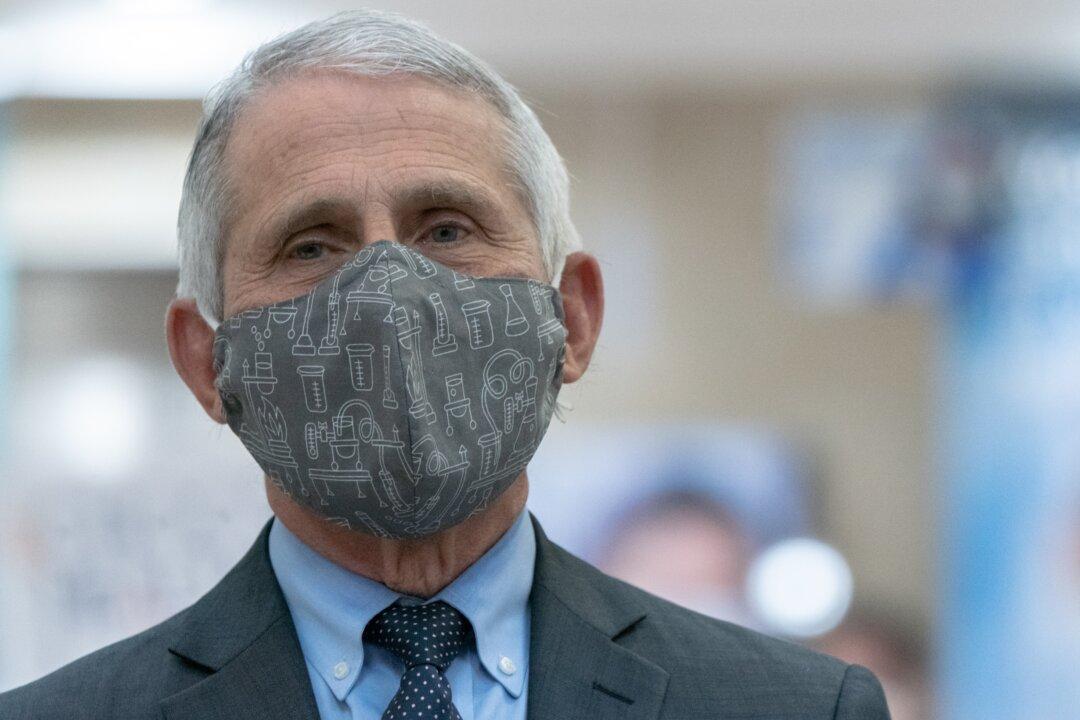A top U.S. health agency failed to oversee risky experiments funded by taxpayer money and conducted at the Chinese laboratories near where the CCP (Chinese Communist Party) virus was first detected, according to three lawmakers.
The National Institute of Allergy and Infectious Diseases (NIAID), headed for decades by Dr. Anthony Fauci, was supposed to be notified by a nonprofit called the EcoHealth Alliance if experiments done with U.S. taxpayer money at the labs in Wuhan resulted in a one log (10 time-increase) in growth.





